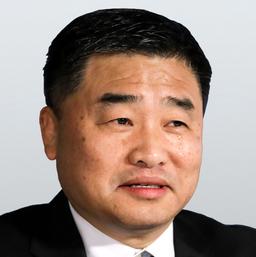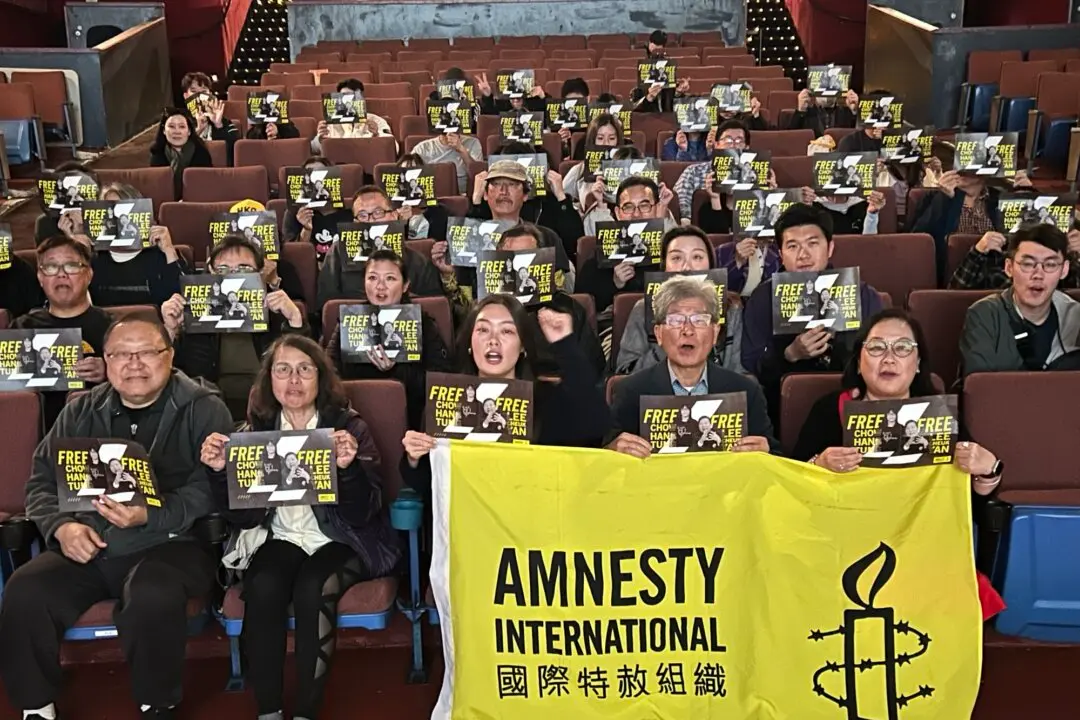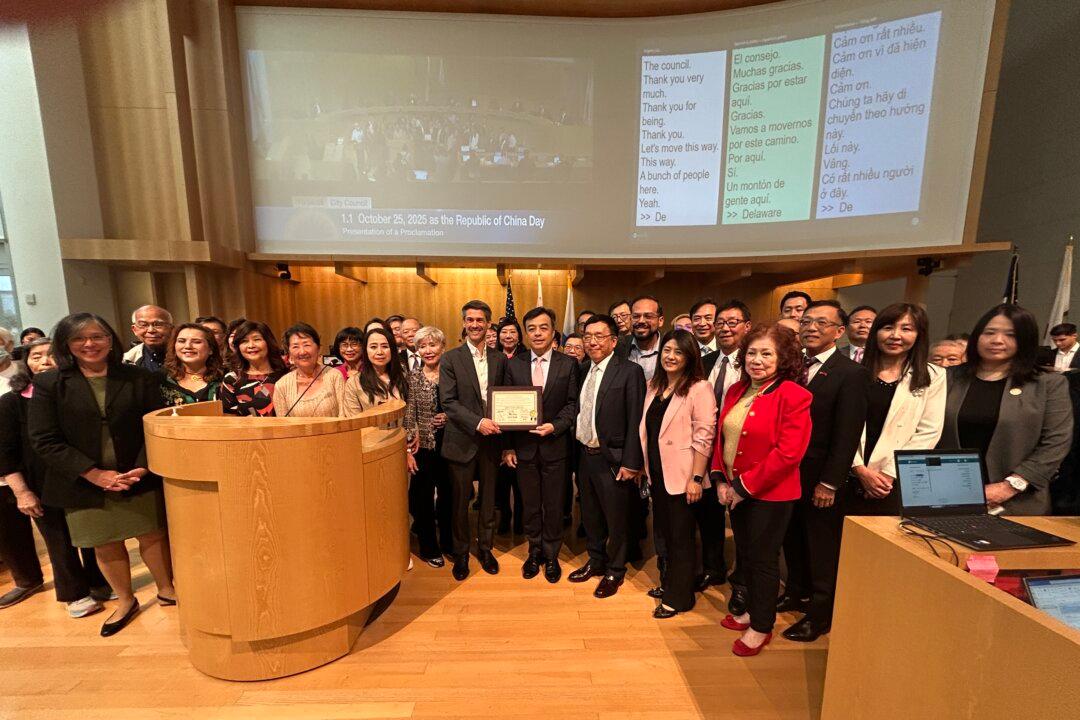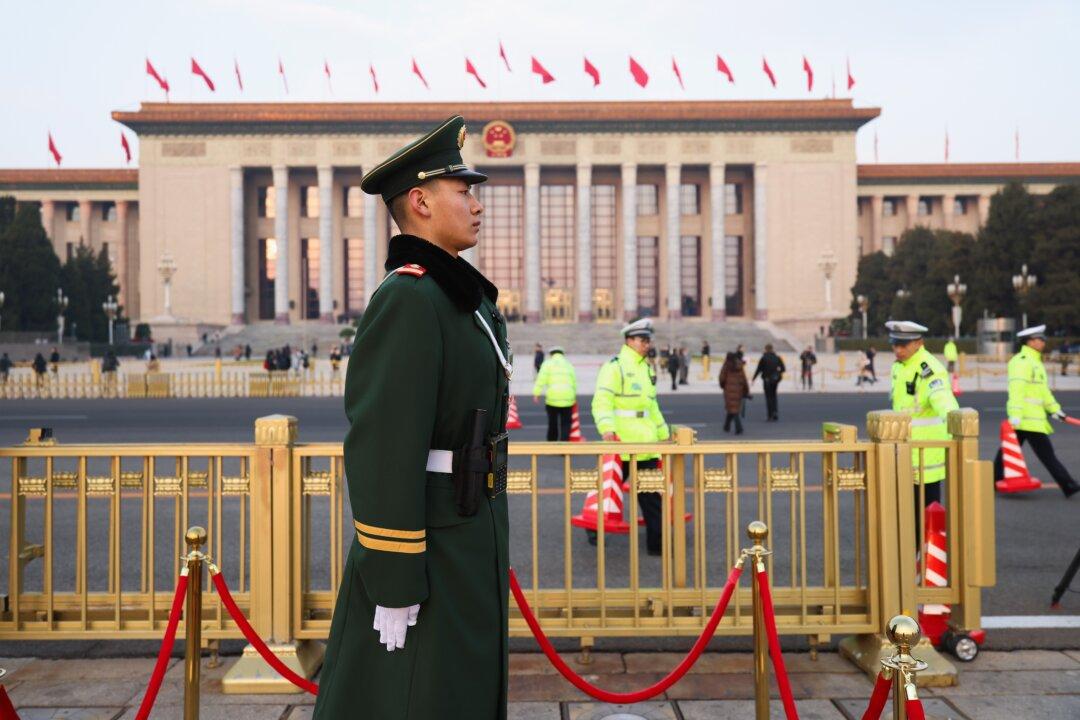Violent crimes in California have risen by more than 15 percent in the past four years, and faulty legislation is to blame, according to retired Judge Steven Bailey, who is seeking to become the state’s attorney general.
In 2017, 178,553 cases of violent crime were reported statewide, up from 151,425 cases in 2014, based on data published by the state Attorney General’s Office.





